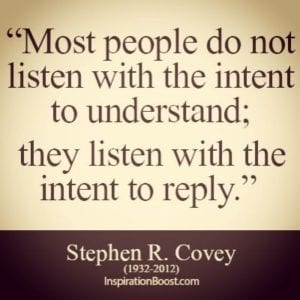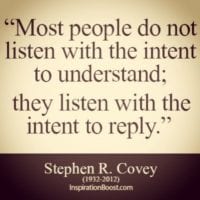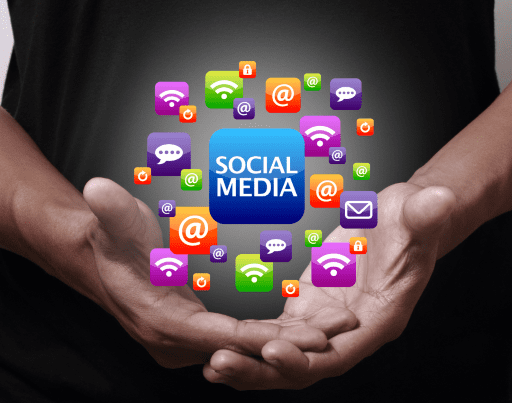 In the recent weeks, the United States has experienced significant division during the Presidential election. You see it everywhere. Families and friendships are suffering, social media is filled with insults and protests from both sides, and anxiety seems a constant presence.
In the recent weeks, the United States has experienced significant division during the Presidential election. You see it everywhere. Families and friendships are suffering, social media is filled with insults and protests from both sides, and anxiety seems a constant presence.
Whether you are happy or troubled by the election results, one thing remains clear: If we don’t start listening to each other we will remain divided.
When people lash out, the cause of that reaction is almost always fear and/or ignorance. When we respond in kind, we only escalate the issue and have virtually no hope of having a dialogue that would bring about change.
To both sides of an angry exchange over the election I say this:
Dialogue is the key to making it through these divisive times. Hiding behind Facebook or maintaining total avoidance of the issues that we face as a society will only delay resolution. To have that dialogue we need to remember that being uncomfortable is not the same thing as being unsafe. People who are different from you may make you feel uncomfortable. That does not automatically mean they are a threat. When we feel discomfort, we can acknowledge it as part of the process. We must listen first and not give into fear. When someone disagrees with your view, it does not always mean they are disrespecting you as a person.
But how do we navigate these conversations when we are on the defense and on edge?
The best word to describe effective dialogues in difficult situations is “AND.”
- We can listen with empathy AND speak up with conviction about what we feel is unjust.
- We can listen and hear the fear behind a friend’s anger AND offer an alternative way to speak to each other. People have every right to feel afraid; they do not have the right to continue lashing out, particularly in a violent manner.
- We can protest what we feel is wrong AND demonstrate what is right by engaging in that protest peacefully.
- We can seek out people with views that are different than our own AND stay true to our beliefs.
- We can ask people to stop using disrespectful language to us AND make that request respectfully.
To be clear, every group or individual will interpret dialogues differently. We will all be best served to consider how a dialogue looks, feels, and sounds from the other person’s perspective. Ask them to challenge you from their point of view. Listen to them. Ask them to think of an experience of their own that would help them see where you are coming from.
Don’t let the media convince you that effective, bold, and respectful dialogue is not possible. It is. We just have to be willing to be uncomfortable – and know that we will be okay.






Thanks for the great reminder.
Thanks Erik, I felt the time was right!
The word “and” is indeed a very powerful word that can completely reframe a conversation. Most of us learn the habit of a or b, not a and b. I’ve used some powerful group exercises I learned from improv that let people experience what happens to dialog when it is based on “no, but…” versus “yes, and…” and similar variations. Great advice, Vicki, and the timing could not be better! Thank you!
Vaughan, that is a great idea to use the improv “yes, and…”! I often find that my ideas for solutions to issues come much more easily when I use the word “and” instead of “or.” I find that people get stuck in the mutually exclusive “A or B” mentality and we spin our wheels. Thanks for your comments!